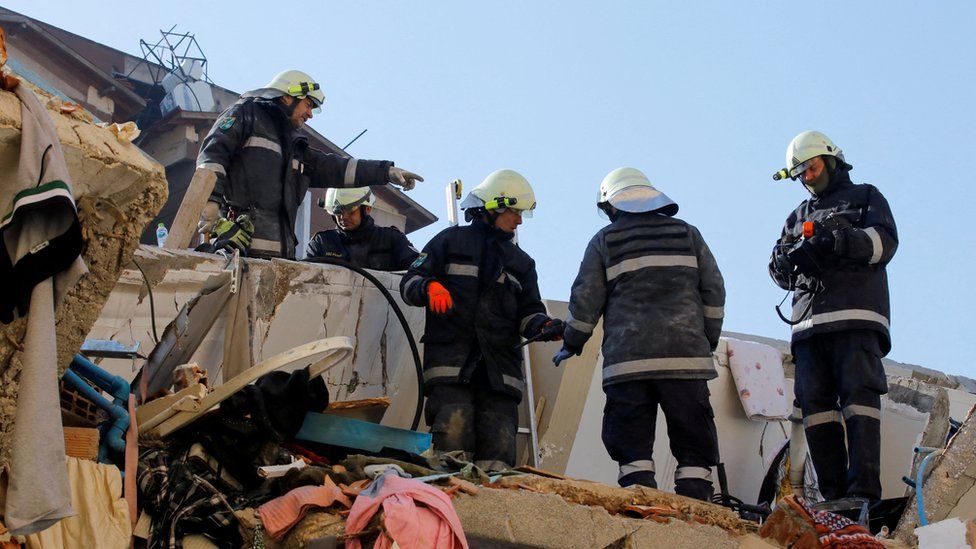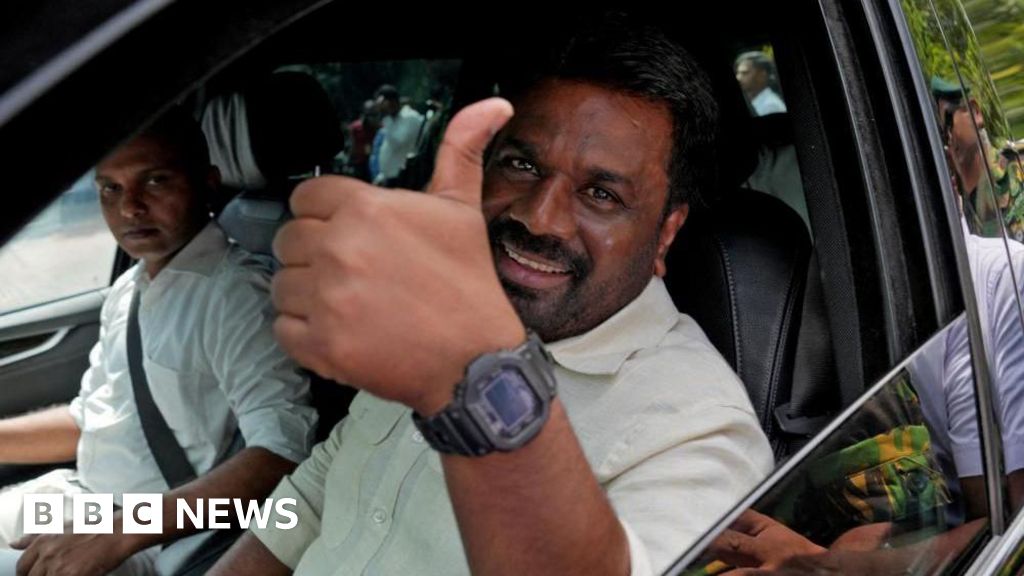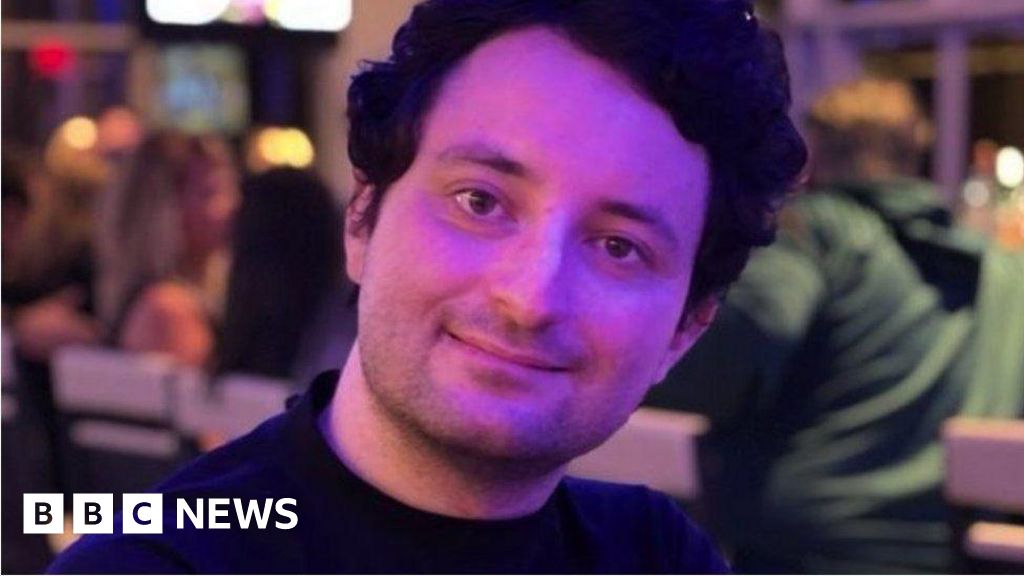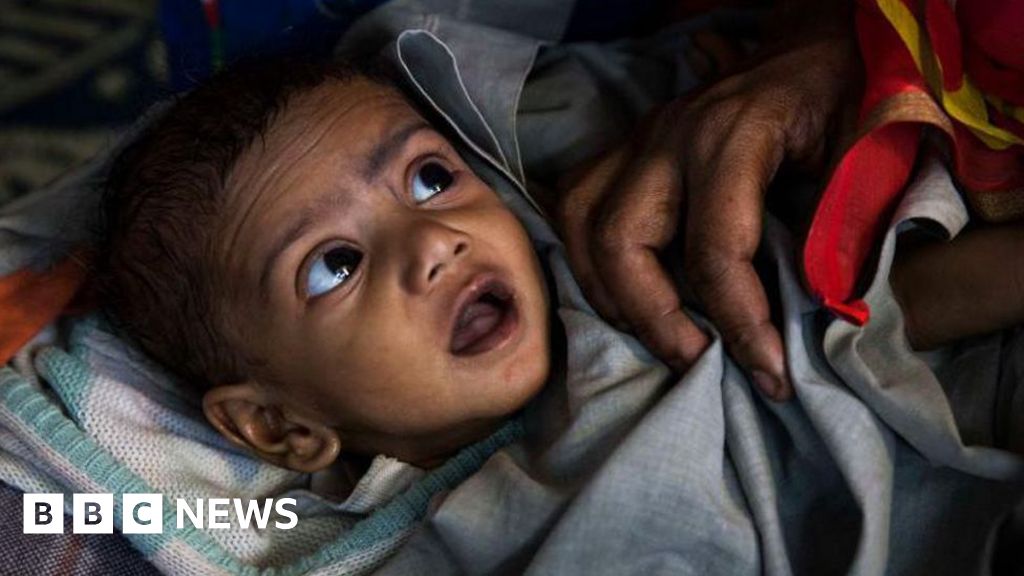ARTICLE AD BOX
 Image source, Reuters
Image source, Reuters
Members Austrian Forces Disaster Relief Unit search for survivors in Turkey's Hatay province
By Kathryn Armstrong
BBC News
A worsening security situation in southern Turkey has disrupted rescue efforts following Monday's deadly earthquake, international groups have said.
German rescue workers and the Austrian army paused their search operations, citing clashes between unnamed groups.
There have also been reports of looting.
Turkey's president said he would punish anyone breaking the law using emergency powers.
The death toll from the earthquake has now surpassed 25,000 and hope is fading of finding many more survivors under the rubble, despite cases of miraculous rescues.
There were reports early on Saturday that clashes between unidentified groups in the Hatay province had left dozens of personnel from the Austrian Forces Disaster Relief Unit seeking shelter in a base camp with other international organisations.
"There is increasing aggression between factions in Turkey," Lieutenant Colonel Pierre Kugelweis of the Austrian Armed Forces said in a statement. "The chances of saving a life bears no reasonable relation to the safety risk."
This assessment was echoed by the German branch of the search and rescue group ISAR, which, along with Germany's Federal Agency for Technical Relief (TSW), also suspended operations.
"There are more and more reports of clashes between different factions, shots have also been fired," said ISAR spokesperson Stefan Heine.
Austria's ministry of defence later said that the Turkish army had stepped in to offer its protection, allowing their rescue operations to continue.
It is unclear whether German rescue efforts have resumed.
While Turkey's President, Recep Tayyip Erdogan, hasn't commented on the reported unrest in Hatay, he did on Saturday reiterate that the government would take action against those involved in crimes in the region.
"We've declared a state of emergency," Mr Erdogan said during a visit to the disaster zone today. "It means that, from now on, the people who are involved in looting or kidnapping should know that the state's firm hand is on their backs."
The quake has been described as the "worst event in 100 years in this region" by the United Nations aid chief, who was in the Turkish province of Kahramanmaras on Saturday.
"I think it's the worst natural disaster that I've ever seen and it's also the most extraordinary international response," Martin Griffiths said.
"We have more than a hundred countries who have sent people here so there's been incredible response but there's a need for it," he added.
Mr Griffiths has called for regional politics to be put aside in the face of the disaster - and there are some signs that this is happening.
The border crossing between long-feuding Armenia and Turkey reopened on Saturday for the first time in 35 years to allow aid through.
And there are reports that the Syrian government has agreed to let UN aid into areas controlled by opposition groups, with whom they have been engaged in a bitter civil war since 2011.
The death toll in Syria from the earthquake now stands at more than 3,500, according to AFP.
The BBC's Quentin Sommerville is in the rebel-controlled town of Harem, and reports people telling him that it's too late for aid, and that they've stopped recovery efforts.
Inside Syria: BBC sees children dig through rubble

 1 year ago
26
1 year ago
26








 English (US)
English (US)